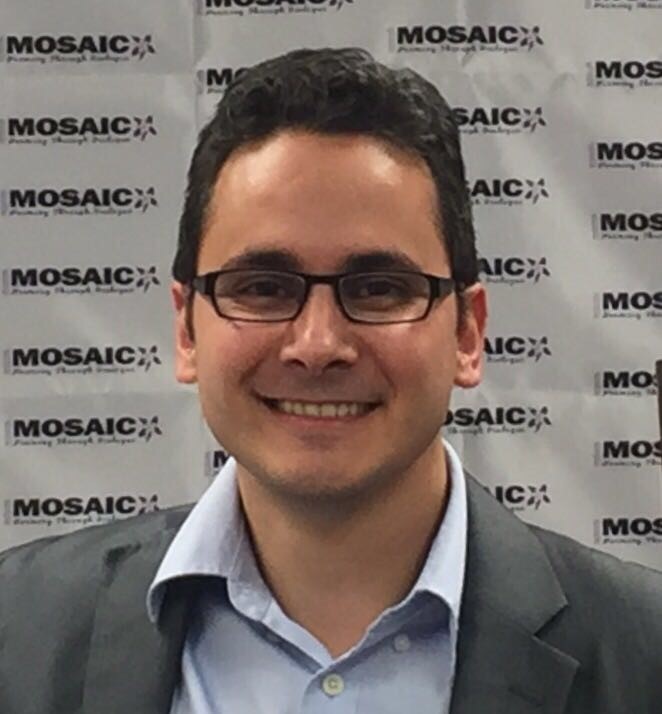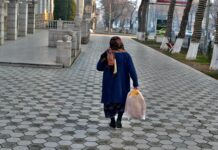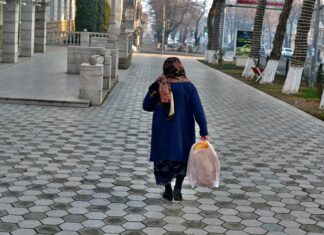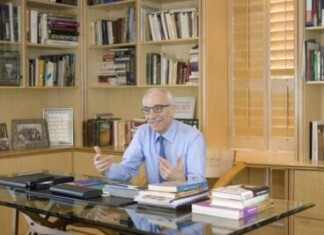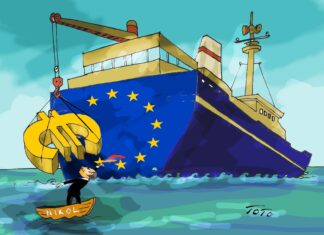By Ismail Akbulut
I am sure that the very title I chose for this article will enrage some of my readers. Why on earth would one be grateful to a dictator? Indeed, that is a legitimate question. My answer is that I am grateful to Erdogan, currently the president of Turkey, because he has made me a better human being.
I was born and raised in Germany to a Turkish immigrant family. At home, my family told me stories about the glorious and flawless history of the Turkish people, superior to others in every way. The heroic Turkish War of Independence in the 1920s, waged against the great occupying European Allies, was narrated to me by family members, through their tears of patriotic fervor. At every official meeting of the Turkish community, our national anthem was sung with the utmost pride.
At the time, I believed that I was related to a special group of people, the Turks, who throughout history endured oppression, envy and greed at the hands of other powers. Our enemies were all around us, yet we remained standing. We Turkish people were always able to defeat them with God’s help, and establish the most beautiful country on earth, the Republic of Turkey.
Conveniently, I chose not to believe in the narratives told by minorities, such as the Kurds, Armenians, Greeks, and Jews, regarding their suffering under Turkish rule. I allowed myself to be blind to that which might contradict my idealized image of the homeland.
When I beheld Erdogan rising to power in 2002, I believed I was witnessing the glorious embodiment and manifestation of the collective Turkish people, in his rule. Then an underdog, and a victim of discrimination and bigotry against religious people, Erdogan defeated the powerful political secular elites who had long ruled Turkey while oppressing the pious, along with ethnic and religious minorities. He did this with the support and the trust of the majority of the Turkish people who showed up to vote.



